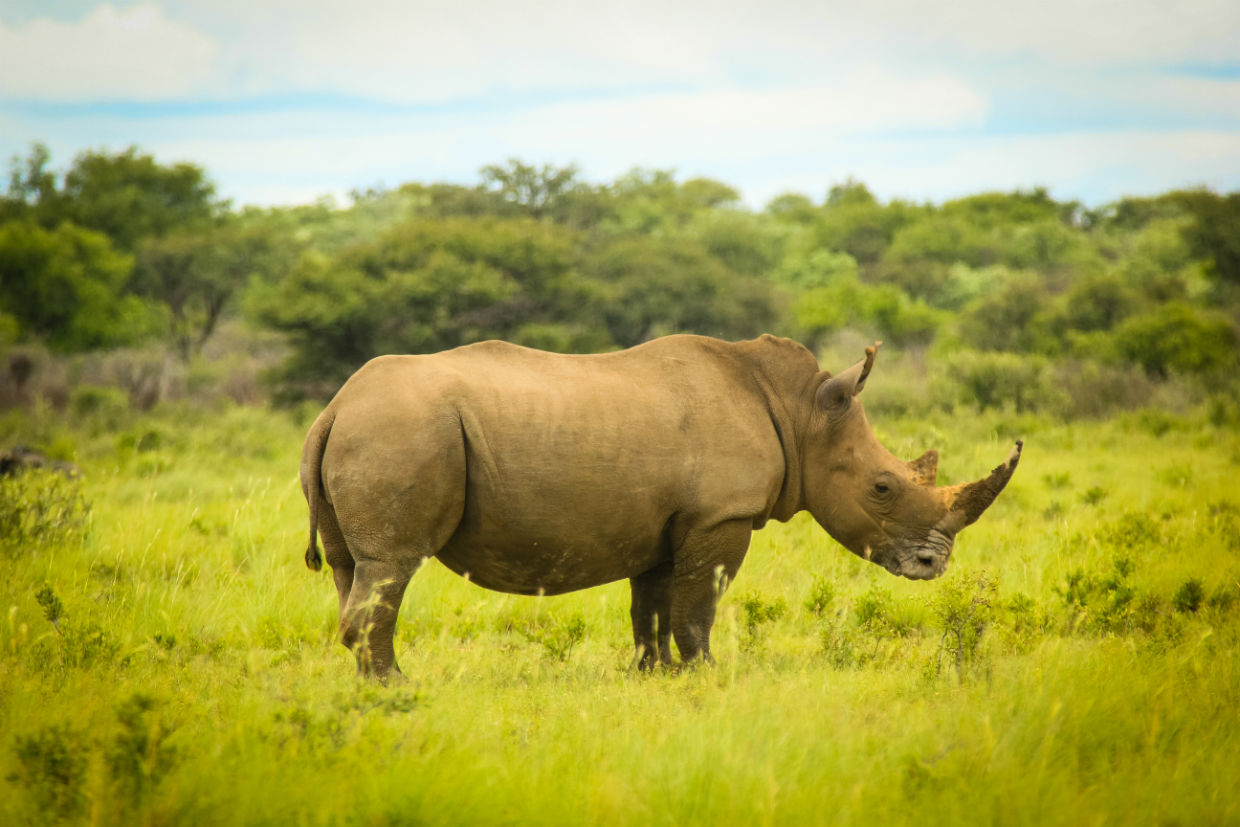The 12 Types Of Conservation Career (and how to choose which one is for you?)
I want to work in conservation, but I’m not sure where to start..? I’ve been in marketing for the past 10 years, are there any jobs suitable for me in conservation? What should I study to get a job in conservation? What do conservationists even do all day?
These are the kinds of questions I get a lot by email or through my Facebook page. It’s one of the reasons I started this blog – not so much to provide brilliant answers – but just to help people share their experiences and discover their interests. The last question is mainly from friends, who still don’t get how I while away so many hours in front of a computer, and seem to go on ‘holidays’ that don’t seem very fun or relaxing.
So I thought I’d rack my brains and lay out as many career paths as I can think of, in an effort to make aspiring conservationists at least aware of their options.
Feel free to suggest others that I haven’t thought of in the comments.
EDIT: Thanks to everyone that sent in helpful suggestions of other useful career paths. As a result, I’ve added quite a few more to the bottom of this post. I’d also recommend soaking up some of the wisdom in the comments.
EDIT: A few people have very helpfully pointed out, that you should feel constrained by just one of these options. Lots of jobs might straddle 3/4 different skills/roles.
1. The Ecological Consultancy Career
I hesitate to say this is a ‘default’ option, but it’s certainly one of the clearest avenues to take, and the first that springs to mind.
Ecological consultants generally provide a range of services on a contract basis to organisations that do not employ specialist staff or have insufficient expertise. Topics can be varied, from forestry and water quality management, down to species specific work such as bat surveys, or novel technologies like eDNA. A few years in an ecological consultancy is a good opportunity to develop good fieldwork and survey skills. The work can be seasonal, but that’s sometimes great – office in winter, field in summer.
On the downside, some companies probably commission ecological work out of necessity, with little interest in acting on it beyond what is legally required.
Ecological consultancy jobs are also some of the most readily advertised and most straight forward to apply for. A quick search online shows that it’s also one of the few conservation jobs where you can get an estimated starting salary.
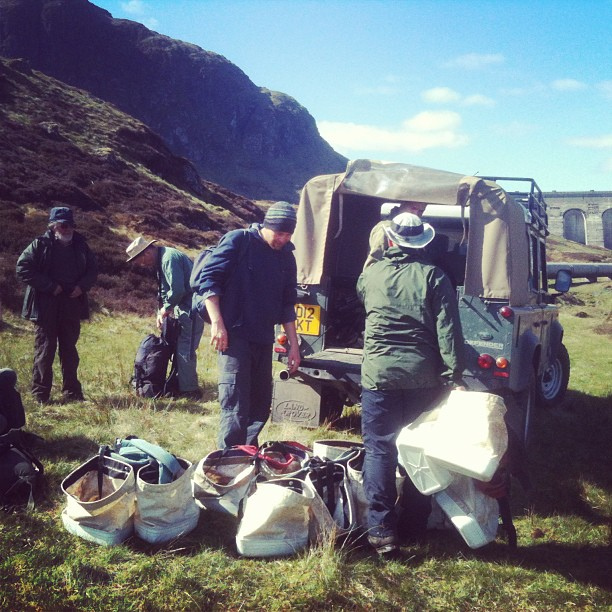
2. The Get Your Hands Dirty Conservation Career
Some people just want to get stuck in. This could range from working on nature reserves in the UK or abroad, to volunteering overseas
Sometimes I think this is what we should all do – it’s surely what we could enjoy the most, outside in the fresh air, amongst the very environments we seek to protect. But the caveat is that it’s difficult to influence policy. Does that really matter? Sometimes I wonder… but for most conservationists, at some point in their lives there is an urge to try and make a bigger difference, beyond your own limited sphere of influence.
Some of my own formative experiences were out in Madagascar and South Africa. It’s certainly an essential right of passage for many people starting out in their conservation career.

3. The Big NGO Conservation Career
Perhaps a job with Birdlife International, WWF or the RSPB appeals? I’ve never worked for one of these organisations, but luckily I have a good (anonymous) friend who has:
The pros: “You can be part of something really big, making a massive difference; you can (if you want to) specialise in a particular area of work; you benefit from shared resources; once you’re ‘in’ you stand a better chance of getting future roles within the same NGO; you can learn from more experienced colleagues and other teams.”
The cons: “Sometimes your creativity can be limited by the (usually perfectly sensible, but not always) constraints of the organisation; you’re never going to get paid much; the larger the organisation the slower it is to get anything done. Lastly, it’s very, very hard to get a job in a big environmental NGO in the first place!
“In general I’d recommend it. What could be better than being surrounded by people who share your passion and determination to make the world a better place, saving species and habitats and reconnecting people with nature?”
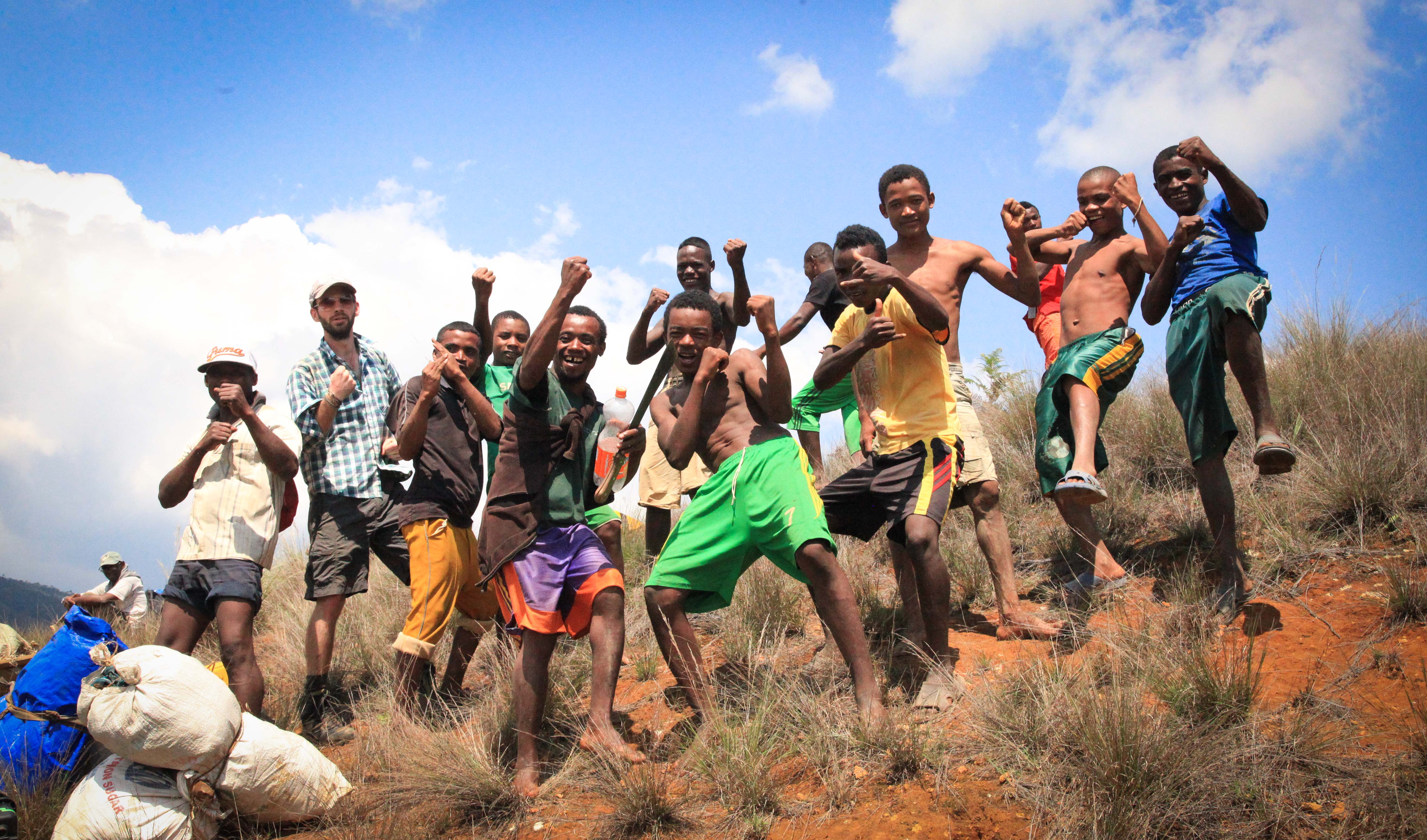
4. The Little NGO Conservation Career
By contrast, there are many more smaller NGOs and they often have slightly more specialised aims or campaigns.
On one hand, this might suit your particular interest and n smaller teams it’s often easier to have a larger impact, but on the other they perhaps lack the clout of larger international voices. Luckily, I have another friend with experiences in smaller NGOs:
The Pros: “You are in the front lines; you can feel and understand what conservation means in the ground. It is very rewarding, because you actually making it happen.”
The cons: “Small conservation NGOs struggle a lot with fundraising, and the impacts you can achieve are very difficult to measure from a conservation point of view. Most of the time, your efforts are not enough to solve the problem. No matter how hard you try.
As a self confessed tree lover, my favourite small conservation NGOs are Trees for Life, Trees for the Future and Crees. I’ve wittered on about how planting trees is the best thing you can do many times before.
Related Article: Incidentally, you might like How to Choose Which Conservation Charity to Support (with your hard earned cash).
5. The Big Famous TV Star Conservation Career
With a bit of luck and a lot of hard work, you could be the next Nial McCann or George McGavin.
But it’s a challenging world to work in, and TV production companies are a difficult beast to tame. My own experience of ‘the industry’ has been very mixed, despite some great pitches, lots of enthusiasm from producers and very positive progress, lots of great ideas just don’t get carried forwards. Sometimes it’s better just to do it yourself, but you will often lack exposure.
My own view is simply to strive to be great at what you do; at some point a TV career might just come knocking. If you want to learn more, then it’s worth following folks like Catherine Capon and updates on Wildvision.tv.
I also recently reviewed a book called ‘How to make conservation films and make a difference‘ that might be useful.
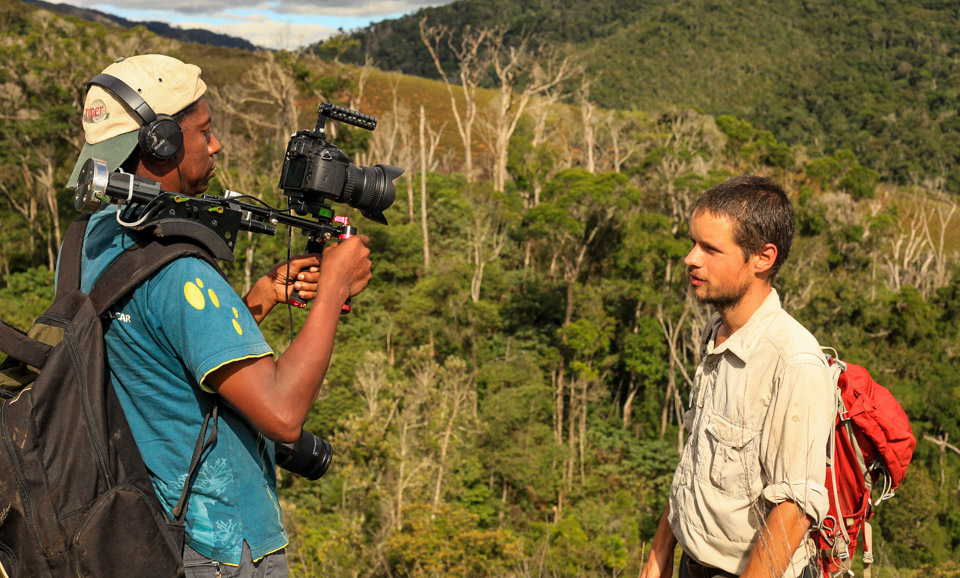
6. The conservation photographer/filmmaker career
Similar to the TV star avenue, but this time behind the lens. The explosion of relatively cheap, but professional quality kit, has made photography and filmmaking increasingly popular among environmentalists.
It’s a great route to take, because those iconic images really do matter and really do make a difference. If you need inspiration to see what’s possible, then look no further than the International League of Conservation Photographers.
The downside? There’s an awful lot of folks out there taking pictures and making films, and so it’s incredibly difficult to go professional and make a career out of it. But if you were looking for an easy career, then you wouldn’t be interested in conservation – so go for it. Practice, practice, practice.
For more about wildlife photography/filmmaking, these articles might be useful:
- Sophie Darlington – Wildlife filmmaking as a career
- Luke Massey – Interview with a Wildlife Photographer
- Andrew Snyder – Conservation Photography in Guyana
- Charlie Hamilton James – Filmmaking Career Advice
7. The Academic Conservation Career
This is the choice I’ve always found most appealing, but I’ll try not to be too biased. Conservation is a young discipline, it’s hard. We don’t know what works and what doesn’t. So a career spent learning is a great option, as long as it isn’t at the expense of doing.
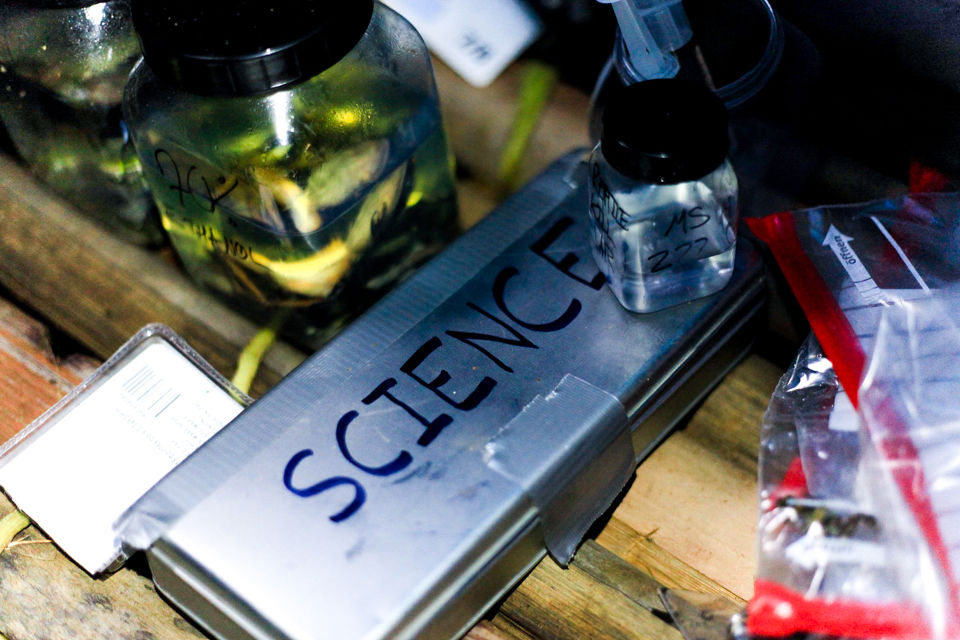
Most conservation scientist careers would follow something like this:
- A degree in biology/zoology – Or perhaps chemistry, geography, or something similar.
- A Masters – Not essential (I don’t have one), but quite a common stepping stone to a PhD. If you’re set on a PhD, then MRes courses give great project experience.
- A PhD – This can be in pretty much anything, and is a good way to explore and pursue your interests. A great place to start is FindAPhD.com.
- A couple of PostDoc positions – A good opportunity to gain more experience.
- Fellowships / Lectureships – A chance to develop a long term research interest and start training the next generation of conservationists.
- Professor! – Become a conservation ninja.
In academia it’s easy to become too wrapped up in the science, and forget that sometimes ideas need to be tested out in the field. To help address this, there’s a great project called ConservationEvidence.org that helps collate and provide information for conservation interventions.
Lastly, possible the best conservation blog on the interweb is run by conservation scientist Corey Bradshaw, down under.
For a little more persuasion: The Best of #IamAScientistBecause
7. The Disappear Off Half Way Around the World Conservation Career
Perhaps an extreme version of the ‘Get Your Hands Dirty’ option, there’s an increasing number of long term positions available in far flung locations around the world. From the OuTrop out in Borneo, to the long and challenging training to become a Safari Guide.
This path is often more of a life choice that could see you out in the field for years, rather than an extended voluntourism opportunity. But for the right person, it can offer an unparalleled level of experience.
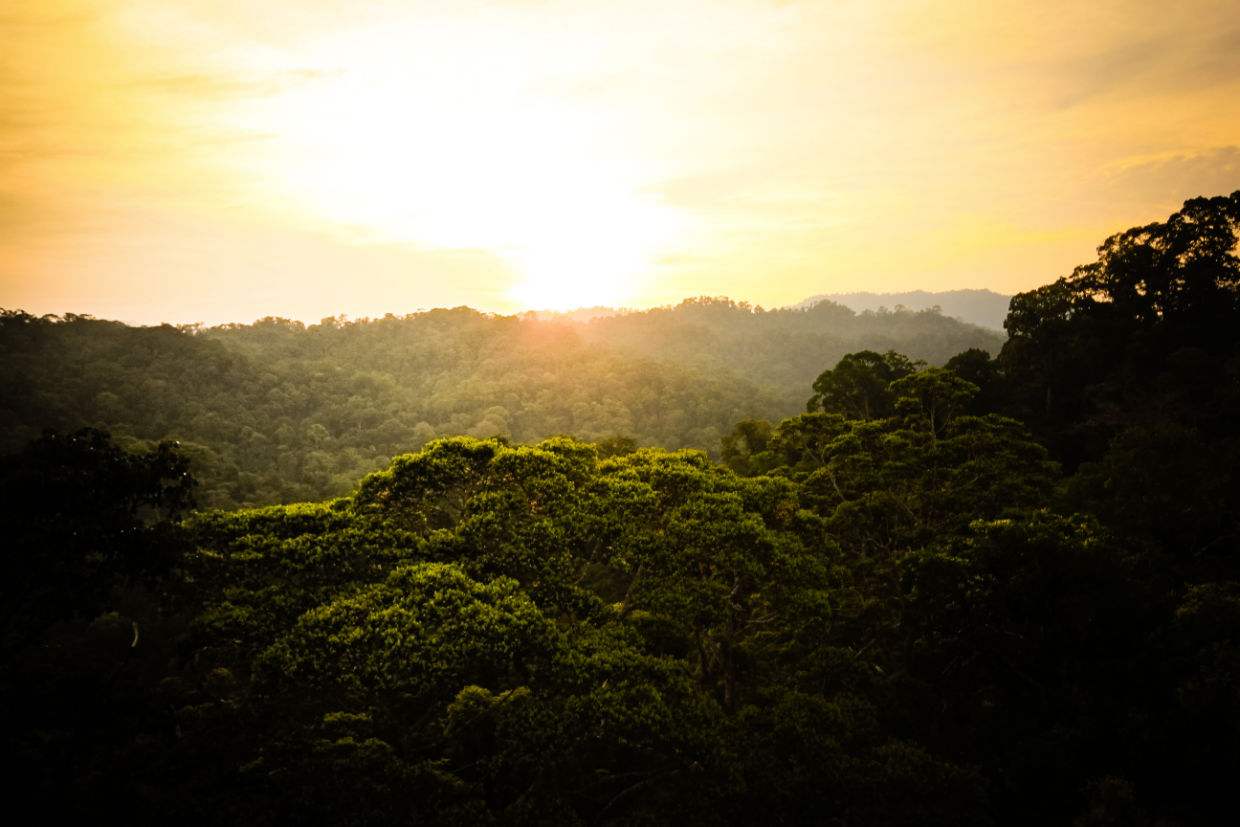
8. The Technology / Start-up Conservation Career
Conservation is increasingly a battle waged from the glare of a computer screen. In the past couple of years a flurry of incredible tools have emerged, from Global Forest Watch and PADDDtracker to citizen science platforms like Zooniverse. There’s even my own humble little social enterprise: Discover Conservation.
If you’re a technology minded with an inventive or entrepreneurial disposition, then why not turn your hand to this. Conservation is crying out for coders, IT experts and people who can come up with novel solutions to hard problems.
Snapshot Serengetti, for example, came up with a way to identify the species in millions of photographs from hundreds of camera traps, using volunteers from around the world. A few years ago, that would have been an impossible task!
Alternatively, you could launch your own science themed crowdfunding setup, like Walacea, or use business to support novel ocean conservation solutions.
The opportunities really are endless, because you can build them for yourself!
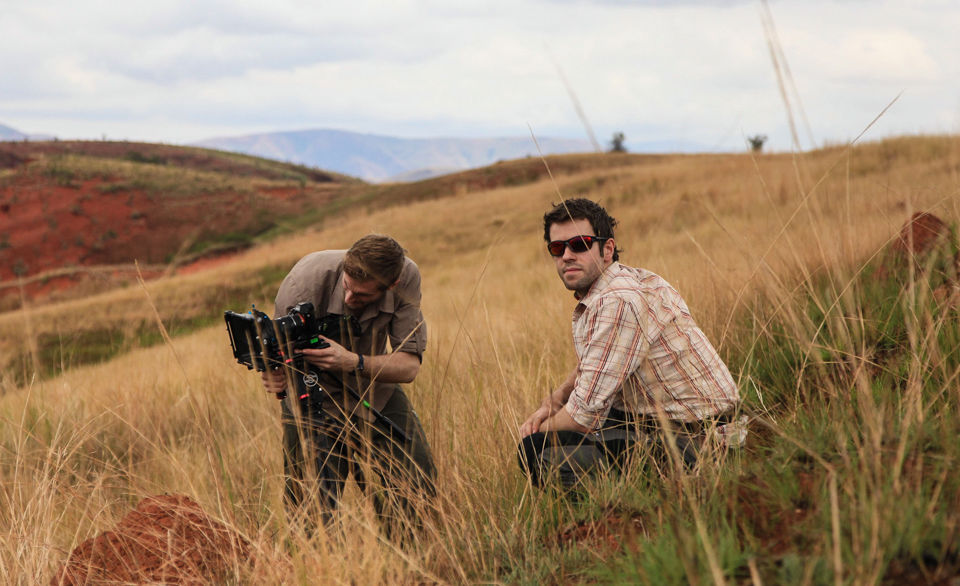
9. The Corporate Social Responsibility Career
Not entirely conservation themed, but never the less closely related. Increasingly, many companies have a corporate social responsibility department (CSR).
In essence, it’s about contributing to successful sustainable development, but the work can vary widely between different situations and settings. I havn’t worked in CSR, but again, here’s some useful comments from someone who has:
“In CSR, I worked for a year in e-waste recycling with a high tech company… the pros…usually money is not an issue at all and you can pretty much do as much as you want if it makes the company looks good. The cons… if you don’t have a genuine commitment of the big guys in the company, your effort can be perceived as green washing more than anything else.”
“For me it was very difficult to work in an environment where very few people understand/ care about what you are doing. When the company is not doing well, CSR programmes are usually the most affected ones. However, CSR is a huge niche for conservationist…”
Often, it’s a good opportunity for someone who wants to make a career change to something conservation related, as it might be possible to move to a CSR department within your current employer.
Here’s a few links to find out more:
- Corporate Social Responsibility jobs
- CSR and Sustainability Jobs
- How to Find a CSR Job in a Big Company
10. The Wildlife Vet Career Option
Organisations like Wildlife Vets International as well as many reputable zoos offer positions for vets with a specialism beyond ordinary domestic animals.

This is an avenue that might require many years of training (even more than a human doctor!), but could be immensely rewarding in the long run.
Whilst domestic veterinary work on pets might be equally rewarding, what really excites me about this route is the chance to intimately understand and conserve endangered species. The IUCN has a catagory called EW – Extinct in the Wild. Many of these species, such as the Malagasy pochard, and xxx are maintained in captive populations with the hope of eventually being returned to the wild. Wildlife vets are a core part of the team that makes this possible.
But I’m no vet, so here’s some insight from someone Jad Abouzeid who is (nearly)!
“From what I have seen and been involved in when working as a vet student in South Africa I think that being a wild life vet is probably one of the most exciting, challenging and varied jobs you can get. One day you might be microchiping wildebeest the next day, moving giraffe, darting lions or dehorning rhino. I think it wildlife veterinary medicine is a fundamental part of conservation, they are there to assist in nearly all conservation procedures that require you to get close to the animal – they’d need to be sedated if you wanted to put a radio collar on, for example.”
“However, I also got the sense that being a wildlife vet is also incredibly frustrating and isn’t a job cut out for most people. All your efforts in caring for these animals can be taken away in an instant if they are targeted and poached for illegal trade. That in its self brings a whole new danger which wildlife vets are forced to work with. They will be working against some dangerous people and so have to work closely with law enforcement and anti-poaching teams. They might even have to try and persuade government officials to introduce legislation and laws to try and combat poaching.”
“I don’t think the job would ever get boring – being a wild life vet is something I am working towards becoming. If anything I think it has the potential to be one of the most fulfilling and exciting career paths there is.”
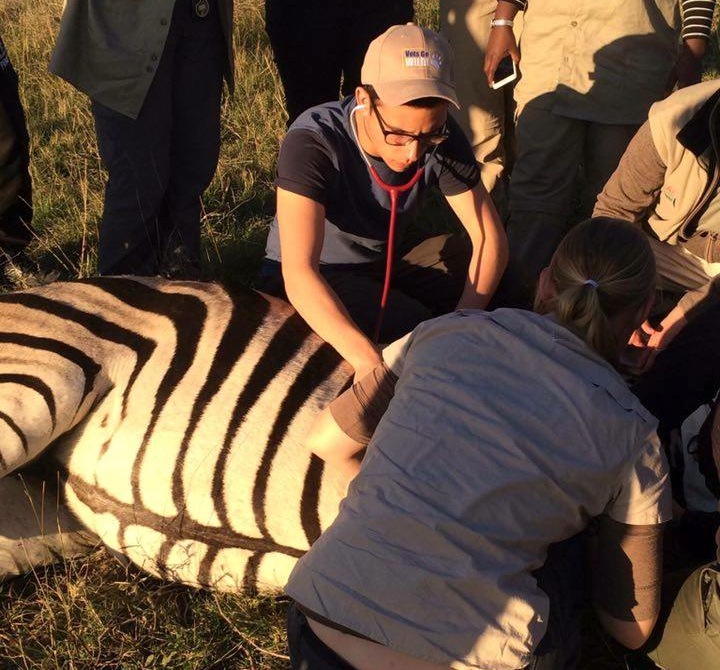
11. Supporting Conservation Work at Zoos
Closely related to veterinary work, are the many other jobs at zoos. Let’s be clear, some ‘environmentalists’ are rather against zoos, which is rather silly. If well run, they are pretty much the best communication tool available to teach the public about endangered species around the world.
Increasingly, zoos are recognising their role as a kind of Ark, for the protection of endangered species, captive breeding and maintenance of insurance populations (for example, the Tasmanian Devil). Though it’s worth pointing out that it doesn’t always work.
Zoos are also a great place to get work experience, and then slowly work your way up. Most people have a zoo nearby, so why not volunteer some time and see if it’s the right environment for you.
12. The Philanthropic Conservation Career
I would wager that a far more profitable use of my time would be to leave science and try to get a well paid job in insurance or banking. If all went swimmingly, I could spent the best years of my life earn a small fortune and then (provided I wasn’t a sell out on a yacht in the Caribbean!), donate it back to worthwhile conservation charities.
On balance, there’s a good chance this might lead to more ‘good’ being one – but then again, I’m a little selfish and like spending my spare time slogging through rainforests or across deserts.
Jokes aside, lots of passionate environmentalists work in completely different fields, yet donate to conservation organisations, and that’s what makes much of our work possible.
To show a few examples these 7 folks, give away hundreds of millions of dollars a year.
…and if it all goes horribly wrong!

Lucky Number 13: The Despondently Give Up and Do Something Else Instead Career
Lastly, for every person that does find their calling in conservation, there must be several that don’t. That needn’t be the case!
That’s probably because:
- It’s hard – but most careers are. The grass is always greener somewhere else, stick it out.
- Applicants often need experience – we all have to start somewhere.
- It’s poorly paid – but your office might look like this!
- If you don’t succeed the first time – keep trying.
There’s no shortage of conservationists, and plenty of work that needs doing – so surely we can find away to expand the field.
With a bit of luck, there’s something in that list that appeals, but if not – invent your own! If I’ve forgotten any, or you have some useful ideas to add, feel free to leave a note in the comments below.
Bonus Options
Lots of folks have very kindly messaged me with all of the brilliant career options that I’d forgotten. I’ll add them here, but do check out the comments below for a continuous supply of new ideas.
14. Conservation Fundraising Career
How could I have forgotten, that so much of what we do relies on effective fundraising. Lots of medium and large NGOs have professional fundraisers that help apply for and manage donations, you can get an idea of the kind of roles here and here. Here’s how WWF describe one of their roles:
“Over 80% of WWF-UK’s income each year comes from members of the public. This makes the Public Fundraising team absolutely vital to the success of the organisation and our ability to achieve our ambitions.
Working in the Acquisition team, the Fundraising Officer is responsible for implementing and delivering key campaigns that include all Mass Media activity – TV, Press, Inserts or Face to Face activity. This includes working with internal and external suppliers, campaign management and hitting large targets. This is an exciting role and a key member of the team.”
15. Lobbying for Conservation
There’s lots of fine lines between advising, advocating and lobbying, and it’s often difficult to know which side you’re on. Lobbying in the interests of yourself, or a business is normally a fairly uncool thing to do, but we’re all in conservation – and being horrendously biased and mostly non-profit – I feel OK with it.
I am however fairly unsure where one would start to get into this kind of job, so I’m going to defer to the helpful article How to Become an Environmental Lobbyist.
16. The Political Conservation Career
In science we often lament that there’s very few scientists in government. Here in the UK, at the last count, there was one MP (out of 650) with a science PhD.
Now it’s very easy to blame governments for being rubbish at science, but actually it’s largely our fault. If you’re a scientist or conservationist and want to see more in government that represent your view, then the best thing to do is stand for election!
I should add that it probably helps to have a successful career in one of these other things too, just so you know what you’re talking about. Also, I know the green party exists, but what they stand for unfortunately isn’t always very science based (but it’s better than nothing).
17. The Ex-Military Anti-Poacher Conservation Career
I include this one semi-reluctantly, for the reason that poachers are the easiest people to blame for many of our problems, and it’s very rarely the guy hunting bushmeat or carrying the rifle that is the root of the problem. This is a topic for another post, but ultimately I don’t think militarising conservation is the answer (although it makes us feel better because it’s proactive and highly visible).
That being said, some conservationists who I respect enormously would totally disagree. Similarly I know several ex-military advisers who are doing exceptional work across Southern Africa.
How to get involved? You could look at something like the International Anti-poaching Foundation. You might also find these careers using working dogs for conservation of interest.

